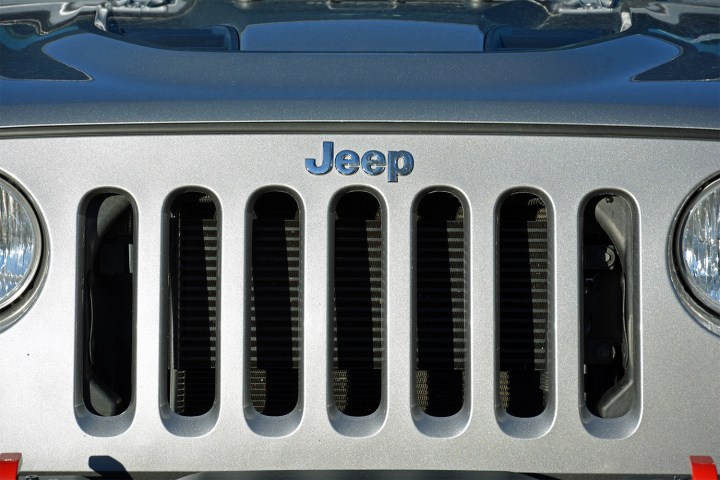
The company explains the investment was spurred by the growing popularity of crossovers, SUVs, and pickups in the United States. When the renovations are complete, the Warren Truck Assembly Plant on the outskirts of Detroit will bring two legends back to life — the upcoming Jeep Wagoneer and Grand Wagoneer. The Wagoneer was arguably the first luxury 4×4 ever built, and although it automatic transmission and independent front suspension were revolutionary their their time, the Wagoneer is most revered for its wood-grain side panels and undeniable 1980s nostalgia. The Warren Truck Assembly Plant’s extra capacity will also allow FCA to shift production of the Ram heavy duty truck from Mexico to Warren, Michigan.
Jeep is outfitting the south plant of its Toledo, Ohio, complex to assemble the next-generation Wrangler and the recently confirmed pickup variant. Rumors indicated we’d see the new 2018 Wrangler earlier this week during the Detroit Auto Show, but newspaper The Blade has learned it won’t debut until later this year because production isn’t scheduled to start until November.
At this point, it’s unclear whether the standard Wrangler and the Wrangler truck will be presented at the same time, or if we’ll have to wait a few more months for the pickup model to arrive.
Details about Jeep’s born-again Wagoneer and Grand Wagoneer are scarce at best because they’re not expected to launch until 2019 at the earliest. However, FCA’s announcement seemingly confirms they won’t share a platform with the Grand Cherokee. Instead, they’ll likely be body-on-frame models built on the same bones as the next generation of the Ram pickup.
FCA needs to get approval from government officials in Michigan and in Ohio before it begins the renovations. If everything goes according to plan, the work will be completed by 2020, and the company will have created over 2,000 jobs. Of course, history has shown that FCA’s plans are subject to change at the blink of an eye.



